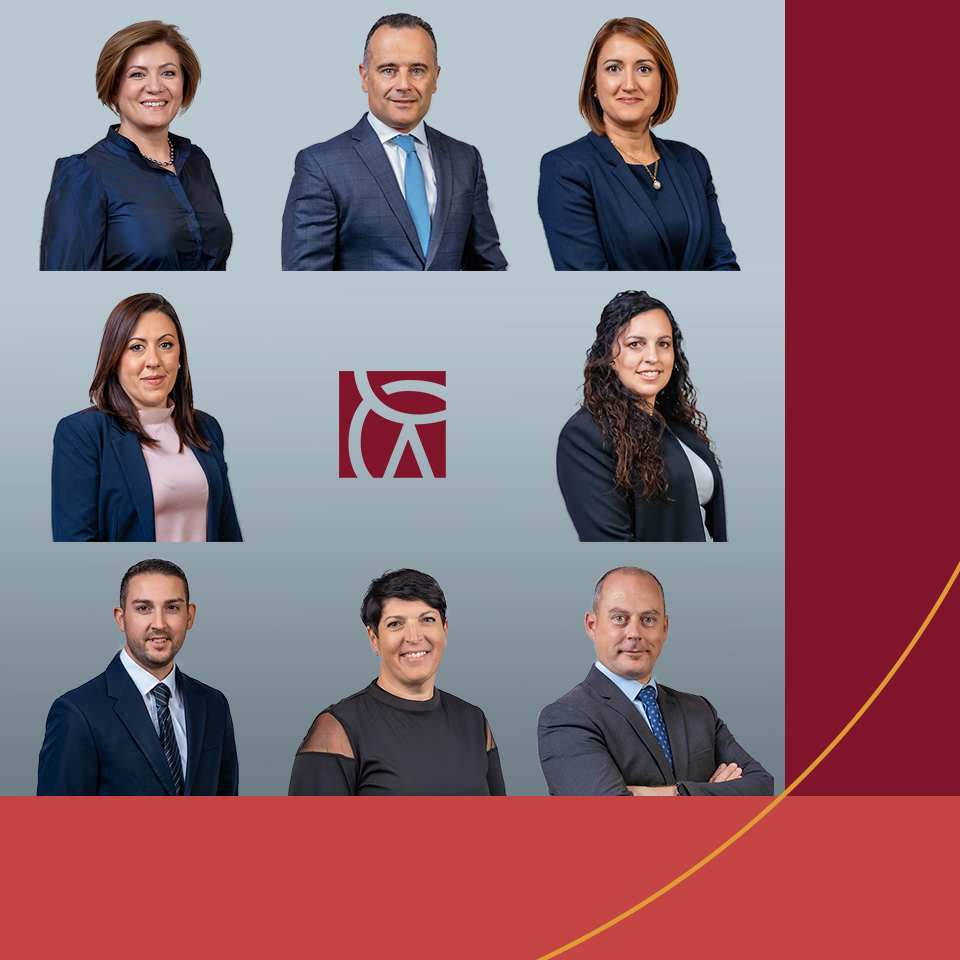Malta's capital markets are experiencing steady growth in both size and liquidity. Our team specializes in assisting clients with listings in Malta and structuring their finances.
Malta's capital markets are steadily growing in size as well as liquidity and the jurisdiction's financial markets are remarkably sophisticated. While relatively small, the Malta Stock Exchange operates to a high standard, provides effective facilities for the trading, settlement and registration of securities and thus enjoys a sound reputation internationally.
The Malta Stock Exchange commenced its trading operations in 1992, following the enactment of the Malta Stock Exchange Act, 1990. The Malta Stock exchange now plays host to numerous equity and debt transactions, providing facilities by means of which securities can be admitted to trading and subsequently traded over a secure, well-regulated secondary market. The Malta Stock Exchange is linked to Clearstream to facilitate international access. The Malta Stock Exchange also provides various back office services through its in-house Central Securities Depository.
Our Capital Markets Expertise
We guide our clients with respect to a number of important matters such as corporate structuring, relations with regulatory authorities, corporate governance and all ancillary documentation. We also provide our clients with detailed advice and assistance with the drafting or revisions of the prospectus whenever this is required. From a practical perspective, we also assist our clients through our broad network of "on-the-ground" contacts, making connections with sponsors and other local experts where needed. We also have strong and effective working relations with all relevant authorities.
Listings
Malta has established itself as a prime jurisdiction for listing, offering several benefits which have prompted several business owners to list their companies on our capital markets. Malta has fostered an attractive environment for listings and enjoys a golden reputation as a well-regulated EU jurisdiction with a skilled English speaking work force. Malta listings are flexible ways of raising capital for a company as they may be passported through the EU, thus allowing companies to trade their instruments on a market of their choice.
There are various listing structures in Malta, namely:
- The Malta Official Listing – companies which list on the Malta stock exchange will be putting their stocks on an international platform which opens the door to doing business within a European Market.
- The Alternative Companies List (ACL)- the ACL gives the opportunity to smaller companies who do not fulfil the rigorous requirements for the MSE Official Listing, yet show a lot of promise, to list their stocks as well.
- The European Wholesale Securities Market – this a unique trading platform for wholesale securities which offers the benefit of competitive listing options with access to all other European Member State markets.
- Prospects –this is a market regulated multilateral trading facility operated by the MSE which is aimed at Small-to-Medium-sized Enterprises in order to facilitate their access to the capital markets.
Structured Finance
Our Structured Finance Practice is a multi-faceted one which offers a very vast range of services in order to cater for all our corporate clients’ financial needs. Our clients vary from budding start-ups to well established players in the financial area. Our main services include assisting clients with dept finance, asset-backed finance and securitisation, but we also assist clients with acquisition and leveraged finance, corporate lending, derivatives, public finance, real estate finance, project finance, Islamic investment and financial restructuring and insolvency.
Our Capital Markets Lawyers
Our dedicated team of lawyers can advise on all aspects of capital markets transactions. Our lawyers are commercially oriented and seek to understand the needs of business, steering away from a purely 'black letter' approach in order to provide practical, real world advice to clients involved in these sophisticated projects.
Thanks to our firm's multi-disciplinary approach we are able to bring to bear the expertise and experience of a variety of professionals to any project, ensuring that advice is not too narrowly focused. In addition, we can also provide a number of useful support services as well as assistance in relation to ongoing obligations.



















